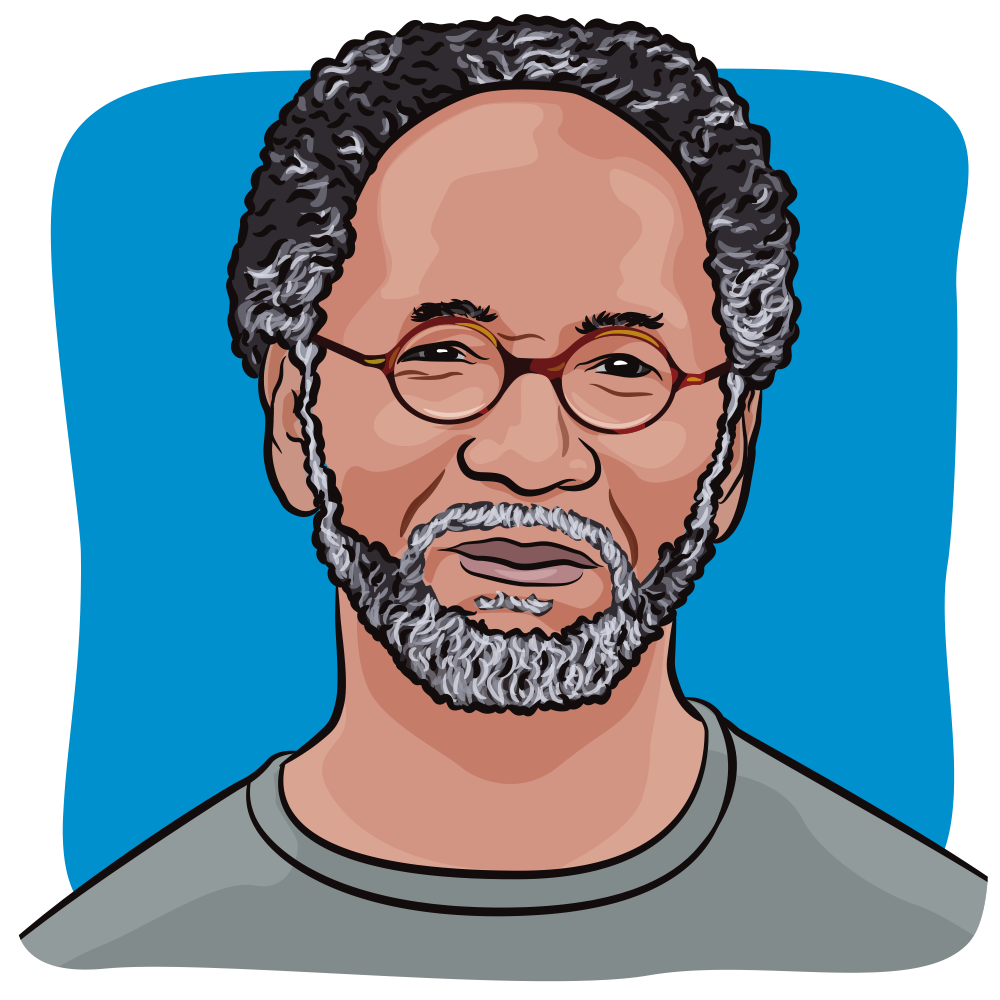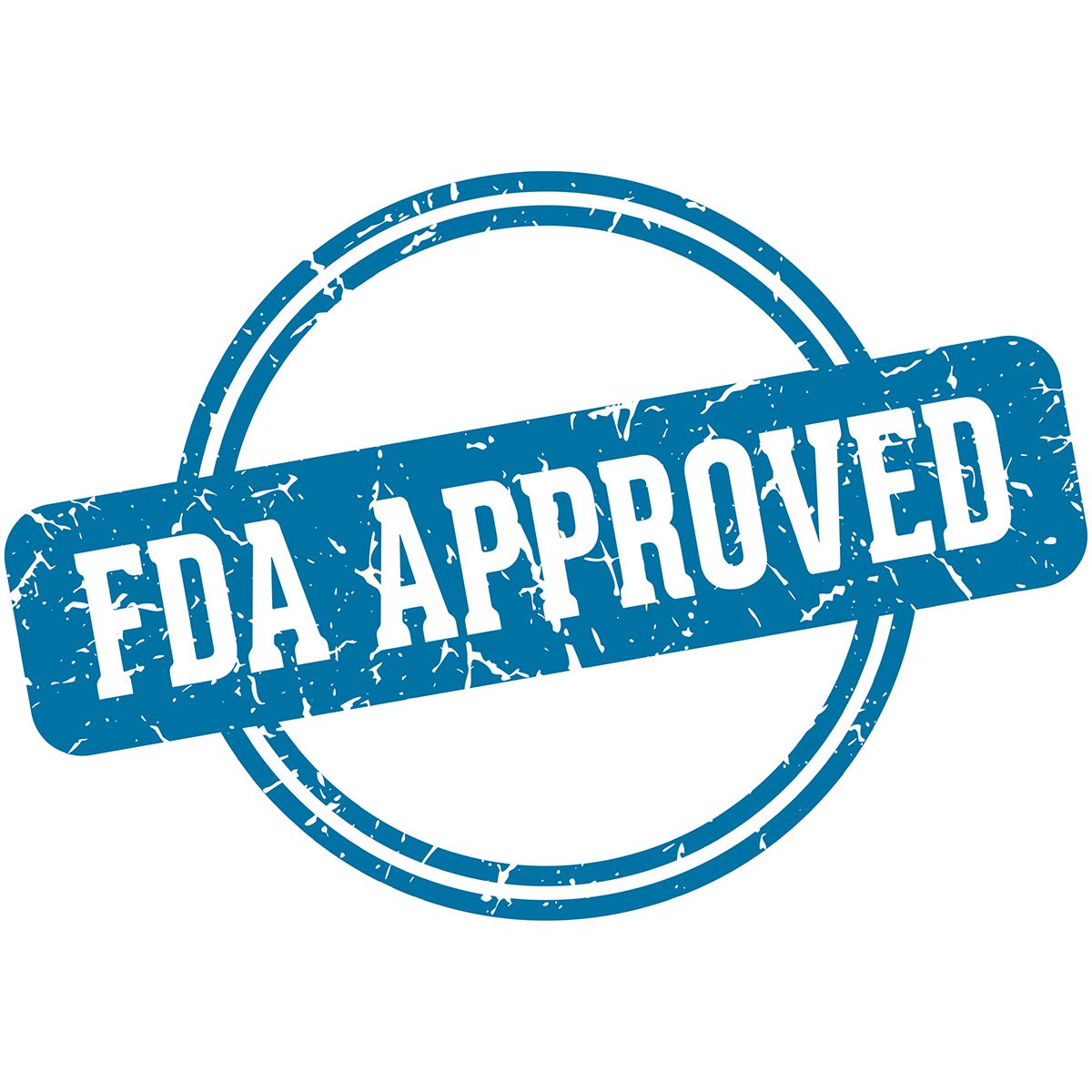Article
First Patient Dosed With Novel CAR-M Cell Therapy Plus Keytruda for HER2-Overexpressing Cancer
Author(s):
Treatment with a CAR-M cell therapy plus Keytruda is being assessed in a phase 1 study in patients with HER2-overexpressed tumors.
Researchers are now studying a novel CAR-M cell therapy plus Keytruda for HER2-overexpressing cancers.

The first patient has been dosed with a novel chimeric antigen receptor-macrophage (CAR-M) cell therapy plus Keytruda (pembrolizumab) in a phase 1 study assessing the combinations safety and tolerability in patients with HER2 overexpressing cancers.
Researchers conducting this study will use the CAR-M cell therapy, CT-0508, in addition to Keytruda to treat HER2 overexpressing cancers, according to a press release from Carisma Therapeutics, the manufacturer of CT-0508.
“We are excited by the progress being made on our CT-0508 clinical program with the dosing of the first patient in the combination study with Keytruda,” Michael Klichinsky co-founder and chief scientific officer at Carisma Therapeutics, said in the release. “The CT-0508 monotherapy trial has demonstrated early clinical validation of the CAR-M mechanism of action, and we are eager to explore this sub-study to assess the potential synergistic effect of CAR-M therapy in combination with Keytruda.”
The phase 1 study is currently recruiting patients at several U.S. locations, according to its listing on ClinicalTrials.gov. Researchers are aiming to enroll 48 patients with several types of HER2 overexpressing cancers including adenocarcinoma, bladder, breast, hepatocellular carcinoma, lung, ovarian, skin, prostate and head and neck, among others.
Other parts of the inclusion criteria for the study include having HER2-positive recurrence or metastatic solid tumors with no available curative treatment options and having adequate bone marrow and organ function.
There are several outcomes of interest in this study, including the safety and tolerability of CT-0508 alone and with Keytruda, which will focus on the frequency and severity of side effects including cytokine release syndrome. In particular, cytokine release syndrome is a condition that may occur with immunotherapy and involves a rapid release of cytokines (immune substances), according to the National Cancer Institute. This release can lead to several symptoms including nausea, fever, rash, headache, low blood pressure, rapid heartbeat and trouble breathing.
Other areas of interest in this study include progression-free survival, defined as the time between the first dose and disease progression or all-cause death, and objective response rate, defined as the proportion of patients with a complete or partial response to treatment.
According to a 2022 press release from the University of Pennsylvania, one of the participating centers in the study, CAR-M is an individualized therapy created by blood drawn from the patient. Monocytes, a type of immune cell made in bone marrow, are isolated from the patient’s blood, then modified with an antigen-specific chimeric receptor (which binds to proteins on cancer cells). Once this is completed, the modified cells are cryopreserved — stored at very low or freezing temperatures — then infused back into the patient.
Dr. Kim A. Reiss, principal investigator of this study and assistant professor of hematology-oncology at Penn Medicine, said in the release announcing the trial, “Tumor cells alone are unable to stimulate the process of T-cell activation, but with macrophages, they engage the tumors differently by penetrating them to induce a reaction, making CAR macrophage therapy quite different than CAR-T cells, and something we are enthusiastic about studying further.”
For more news on cancer updates, research and education, don’t forget to subscribe to CURE®’s newsletters here.




